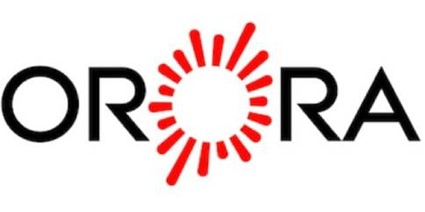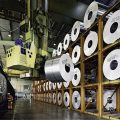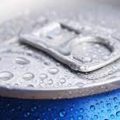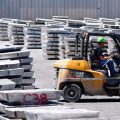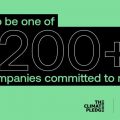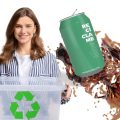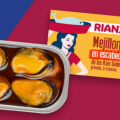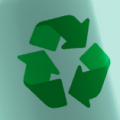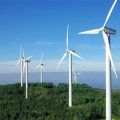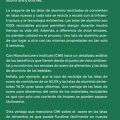Australian packaging giant Orora Limited, a leading provider of packaging and visual solutions, has announced its commitment to achieving zero net greenhouse gas emissions by 2050.
In announcing this commitment, the company also revealed another interim target, a 40% reduction in Scope 1 and 2 emissions by 2035. On the other hand, the multinational has also seen its sales revenue grow by 6.1% over the last year, driven by an increase in cans and closures. Its profit amounted to $156.7 million, up 23.7% on the previous year, while EBIT was $249.1 million, an increase of 11.6%.
With operations in Australasia and North America, the company has already driven strong progress in sustainable practices in partnership with its customers and suppliers to contribute to better and more sustainable outcomes for the communities in which it operates.
In FY2021, Orora made good progress on its five-year green targets in the areas of CO2 emissions reduction, waste to landfill and water use. The company is a leader in large-scale recycling, and its glass production plant uses most of the recycled content from the newly operational Western Australian Packaging Deposit Scheme, as well as the South Australian scheme.
An average of 60% of the aluminium sheet used to make cans comes from recycled content, and Orora has invested in the supply of wind-generated electricity across its Australian operations, which provides volumes of renewable energy equivalent to more than 80% of the company’s electricity needs in Australia. Solar energy systems have also been installed in several centres.
According to Orora CEO Brian Lowe, the Circular Economy, Climate Change and Community focus pillars represent a more ambitious approach to sustainability for the company.
“At Orora we care about making a difference and recognise the important contribution we must make for the sake of future generations. Our stated goal of achieving net greenhouse gas emissions by 2050, with an interim target for 2035, is the next logical step in our sustainability journey,” concluded Lowe.

